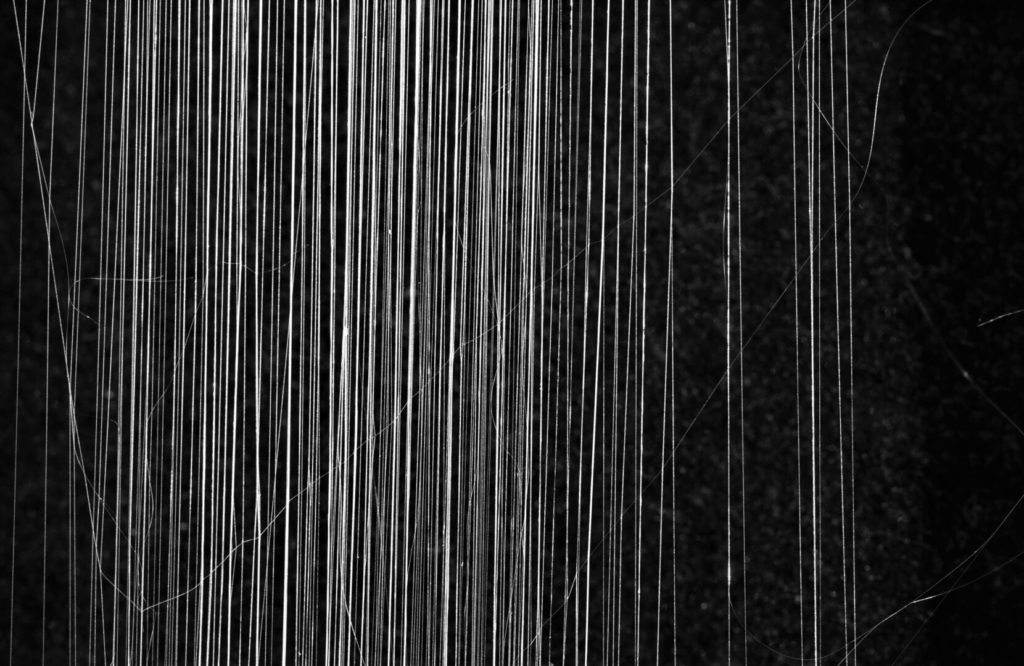
Spider silk is one of the strongest materials available and researchers have long tried to develop artificial spider silk, in particular for medical and industrial use. In a study published in Materials Today, researchers at the Karolinska Institutet and the Swedish University of Agricultural Sciences (SLU) announced that they have developed spider silk that can be produced in larger volumes without strong chemicals.
Research into artificial spider silk has resulted in the production of fibers that are strong enough for them to work for industrial applications, but one challenge has been that the bacteria used in production produce too small amounts of spider silk protein and most methods of spinning fibers from these require the use of strong solvents.
A research group from Karolinska Institutet and Swedish University of Agricultural Sciences has previously managed to spin artificial spider silk based on the same principles used by the spider. The same research group has now managed to scale up the production of spider silk.
“In this study, we have developed a production method that produces ten times more spider silk protein than has ever been achieved before,” says Anna Rising, senior researcher at the Dept. of Biosciences and Nutrition, Karolinska Institutet and the study’s last author.
The research team uses a biomimetic spinning device, which mimics how spider silk is produced naturally, and the fibers produced now are the toughest artificial spider silk fibers to date made with only aqueous solutions, and without the strong chemicals that previously needed to be added.
“The amount of spider silk fibers that we can produce per round of cultivation makes it possible to spin continuously for 75 hours, resulting in a 125 km long fiber,” Rising says. “Our process thus represents a major step forward towards the production of biomimetic spider silk for industrial use.”
 TEXTILES.ORG
TEXTILES.ORG


